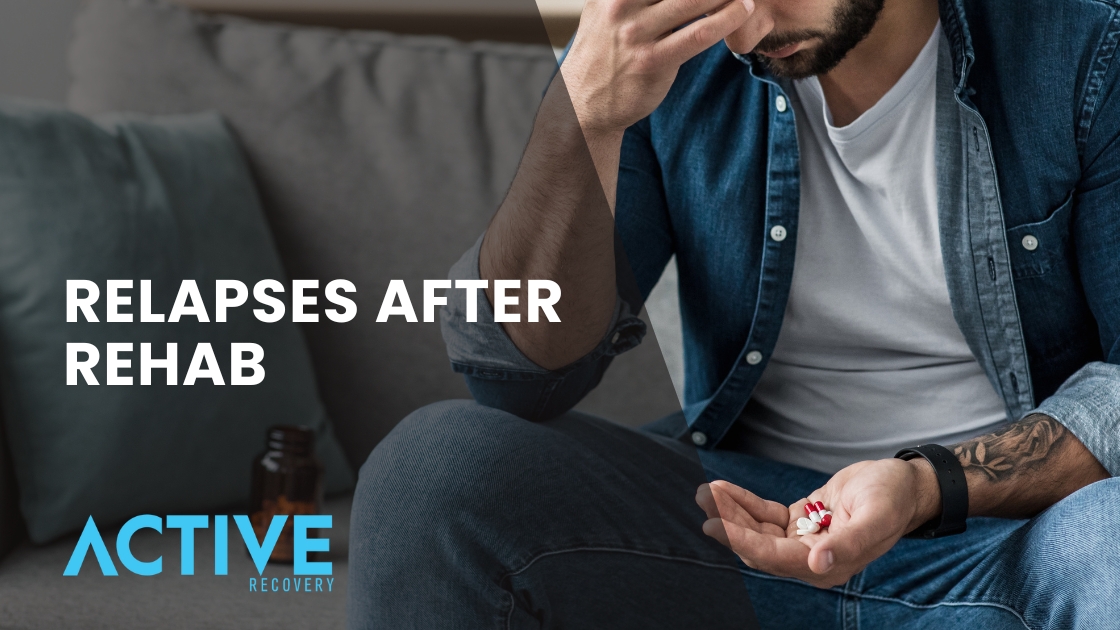Last Updated on June 13, 2023


There’s no simple answer. Relapse happens for many reasons, and each person’s experience is different. However, in my experience, several flaws in the rehab model make it harder for people to stay sober long-term.
Rehab rarely mirrors real life. Days are highly structured—wake up, meditate, eat, attend meetings—there’s little room for independent decision-making. While isolation is useful early on, keeping someone completely confined and then cutting them loose afterward doesn’t make sense.
Sober living homes are meant to bridge the gap, but their structure depends on who’s living there. I’ve seen one relapsing client bring down five others before anyone noticed.
When someone first enters rehab, they’re surrounded by love and support: “We’re so proud of you. We love you. What do you need?” But once they graduate, everything changes. Suddenly they’re expected to get a job, wake up early, pay bills, and function like everyone else.
For many, this shift is too fast. “What happened to me just needing to stay sober?” Life comes at them hard, and they’re not ready. Rehab often fails to prepare clients for what comes next.
Aftercare programs sound good on paper, but they rarely work in practice. Many clients move away after treatment, losing access to their rehab community. They return home to the same temptations that existed before treatment—and without consistent follow-up or support, relapse becomes far more likely.
Before clients leave rehab, staff usually help them “map out” an at-home support plan. In reality, it’s often shallow. It might say something like, “Get a sponsor when I get home,” which sounds great—but once they leave, accountability disappears. Most people return home and answer only to themselves or family members they’ve learned how to manipulate.
Parents and loved ones often experience a loss of identity when their child returns from rehab. People get used to their roles—sometimes even unhealthy ones. A parent who’s used to being the savior now has to step back, and that’s not easy.
When a child comes home motivated and self-sufficient, parents may unconsciously try to regain control, slipping back into old patterns. I’ve seen this dynamic quietly destroy progress. It doesn’t happen overnight, but statistically, it happens often.
These two traits—willingness and humility—are, in my opinion, essential to recovery. You must be willing to get uncomfortable and humble enough to learn. Unfortunately, high-end treatment centers tend to do the opposite. They pamper clients, offering a spa-like experience that builds comfort rather than character.
True growth happens through struggle. I went to several high-end rehabs, but I didn’t stay clean until I went to the Salvation Army in Santa Monica. It wasn’t pleasant, but it worked. That difficult recovery became my biggest deterrent to relapse—I never want to go through that again.
These are just a few of the factors I’ve observed over the years, though there are many others.
If you’d like to talk about this more or have questions, feel free to reach out. I’m always open to discussion and happy to share what I’ve learned.

© 2023, Active Recovery Companions